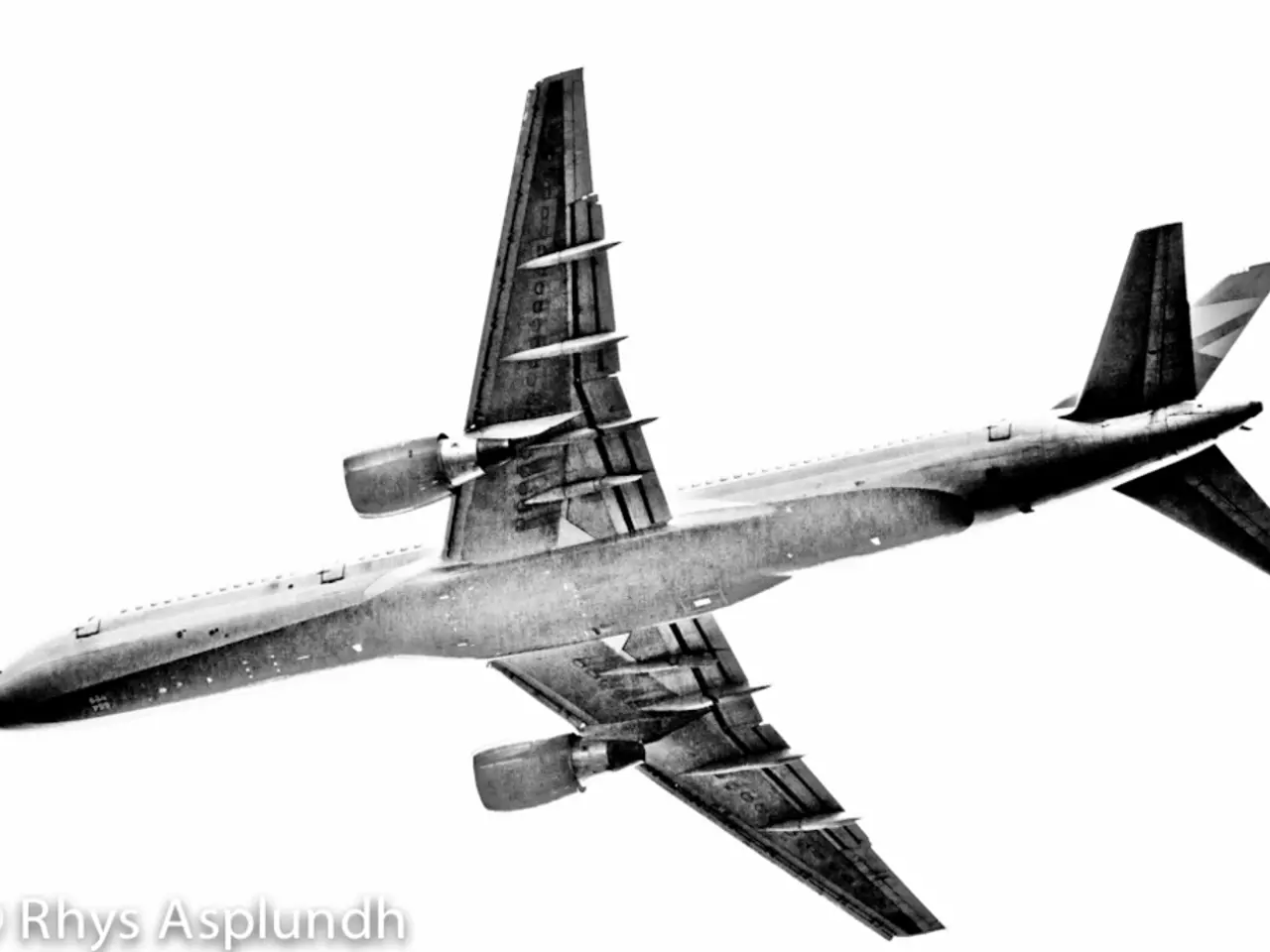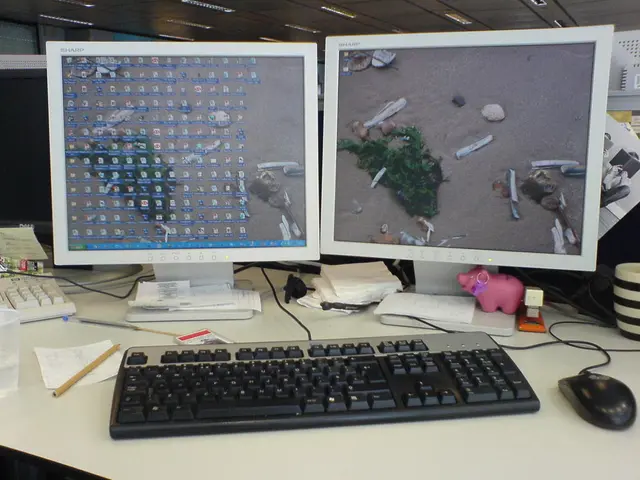International Non-Governmental Organizations (NGOs) allege Israel's strategy of utilizing humanitarian aid for Gaza as a means of exerting political control, with France preparing an airdrop as a new development.
In recent months, international humanitarian organizations have faced significant challenges in delivering aid to the people of Gaza. The United Nations and various aid groups have expressed concern over the impact of new registration requirements imposed by Israel on the delivery of essential supplies to the region.
These restrictions, introduced in March, require aid groups to provide detailed donor and staff information, subject them to vetting, and have led to frequent rejections of aid delivery requests. Over 60 such requests were denied in July alone, according to reports. Aid groups argue that these measures politicize humanitarian aid, violate international law, and endanger staff.
Israel, however, justifies these restrictions as necessary to prevent Hamas from diverting aid for military use. They also claim that some organizations attempting to deliver aid to Gaza have questionable intentions.
Organizations like Médecins Sans Frontières (MSF) and Oxfam have signed a joint letter urging Israel to drop rules that are preventing the entry of medicine, food, and water. The situation has become so dire that warehouses of food, medicine, and shelter supplies are being blocked from reaching people in need.
The Israeli authorities have also implemented a militarized food distribution scheme called the “GHF,” which aid organizations criticize as "weaponizing starvation" by controlling and politicizing food distributions, leading to violence and deaths at distribution sites.
Twenty organizations have completed the registration process and have been bringing around 300 lorries of supplies a day into Gaza, as stated by the Coordination of Government Activities in the Territories (Cogat). However, numerous NGOs have had their requests to bring in life-saving goods rejected, citing that these organizations are not authorized to deliver aid.
The situation in Gaza is further complicated by the fact that some supplies intended for the region have been blocked in Egypt and Jordan, attributed to the Israeli blockade. France, which has contributed to an effort to send 1,000 tonnes of aid to Gaza, has seen some of its supplies blocked in Egypt and Jordan due to this blockade.
The appeal comes as Israel prepares to take control of Gaza City, a move that France and the United Nations have warned could have devastating humanitarian consequences. French President Emmanuel Macron has warned Israel that their Gaza occupation plan risks leading to a "war without end."
Despite the challenges, Cogat claims that there is no limit on humanitarian aid entering Gaza, with the registration requirements designed to ensure that aid reaches the population directly and not Hamas. However, most major international NGOs have been unable to deliver a single truck of life-saving supplies since 2 March.
The registration requirements introduced by Israel allow them to reject a group's request to work in Gaza if it "promotes delegitimisation campaigns" against the state of Israel. Cogat also questions the motivation of the organizations criticizing the registration process, suggesting concerns about their true intentions and the possibility of ties between the organization or its employees and Hamas.
As the humanitarian crisis in Gaza continues to worsen, the international community is urging Israel to reconsider its regulatory and operational constraints on independent humanitarian aid organizations, to ensure that lifesaving assistance reaches those in need.







